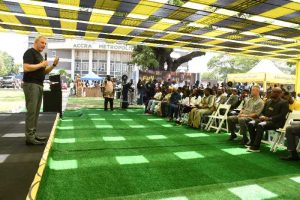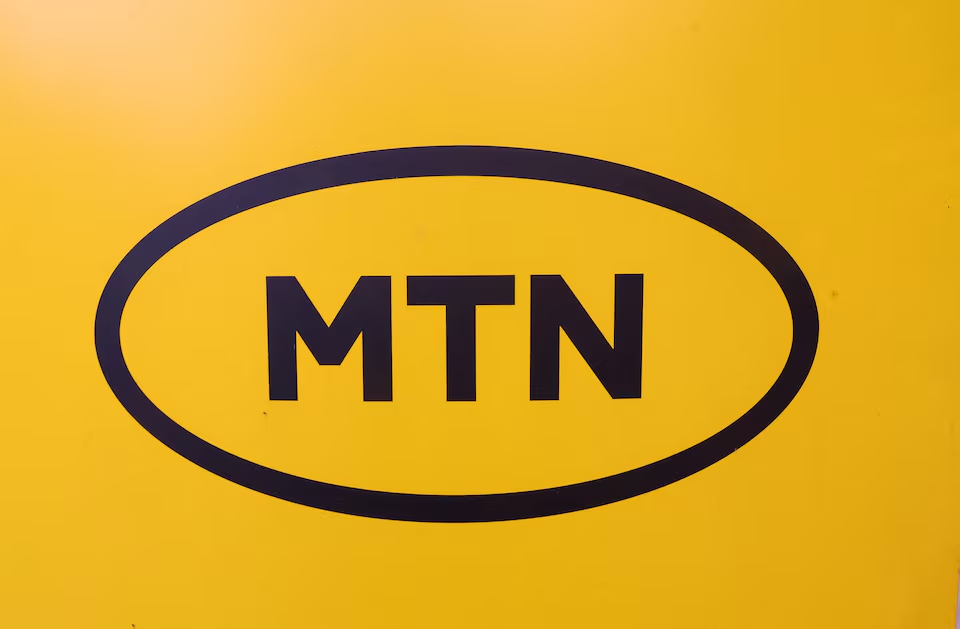As Ericsson expands its #AfricaInMotion strategy, which aims to accelerate digital inclusion and adoption across the continent, the company is urging governments to play a key role in developing strategies that support internet access and digital learning.
This is according to Ayub Osman, head of sustainability and corporate responsibility for Ericsson Middle East and Africa.
In an interview with ITWeb Africa, Osman stated governments must form productive partnerships with the private sector, particularly communication service providers and technology companies, to implement these strategies by building the necessary digital infrastructure and providing reliable school connectivity.
The Ericsson senior executive discussed the progress made by the company and its global partners in supporting the International Telecommunication Union’s GIGA initiative in Kenya.
GIGA launched in 2019 as an initiative to connect all schools all over the world and has three pillars: map, model and contract.
Map the location of schools and monitor school connectivity status in real-time.
Model the infrastructure, policies, regulations and investments needed to deliver school connectivity.
Help governments to contract connectivity for schools.The GIGA project has already spread across Africa, being launched simultaneously in Rwanda, Sierra Leone, South Africa, Kenya, Botswana, Benin, Zimbabwe, Ghana, Namibia, Nigeria and Niger.
Now, in Kenya, Ericsson has announced it is cooperating with UNICEF and GIGA to promote Kenya’s National Broadband Strategy, which aims to connect all schools by 2030.
Osman shared insights about the initiative and its progress in Kenya, noting: “We recognise that mapping the connectivity landscape is a critical first step towards connecting every school to the internet and providing each child with access to learning opportunities.
“Through our expertise in ICT, we are helping provide an understanding of where connectivity is needed the most. We have also developed Daily Check, an app that supports the GIGA initiative through the collection, validation, analysis, monitoring and visualisation of real-time school connectivity data.
“With the engagement of international partners, this initiative has achieved noteworthy advancements. By the end of 2023, a total of 546 public schools in Kenya were connected to the internet for the first time, positively impacting over 340 000 students and education.
Source: Samuel Mungadze (itweb.africa)





